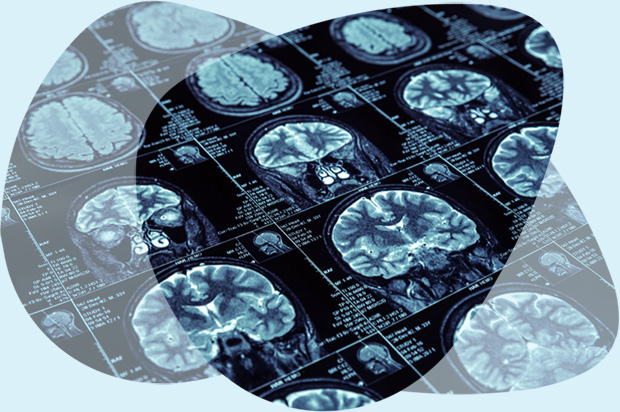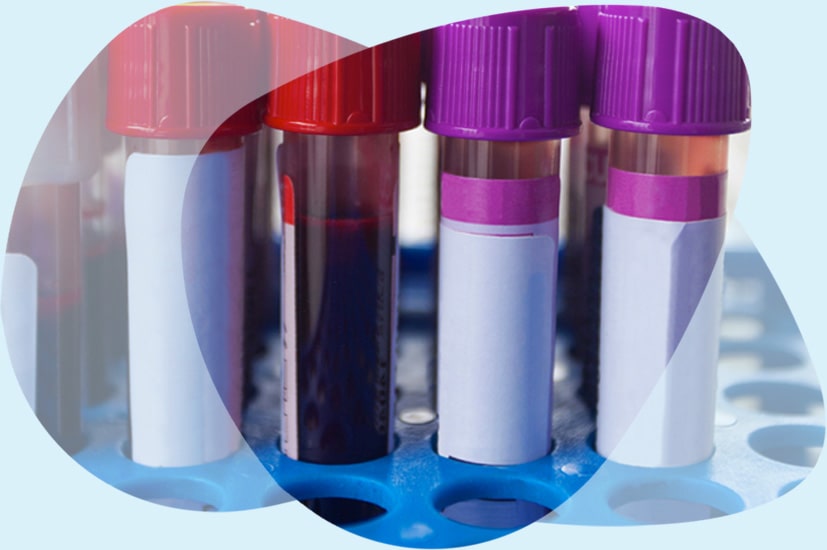Brain MRI/MRA & AI Analysis
Advanced Longevity is committed to providing the best possible care for our patients. Our cutting-edge brain imaging technology is designed to detect issues early, giving you the best chance for successful treatment and optimal health.
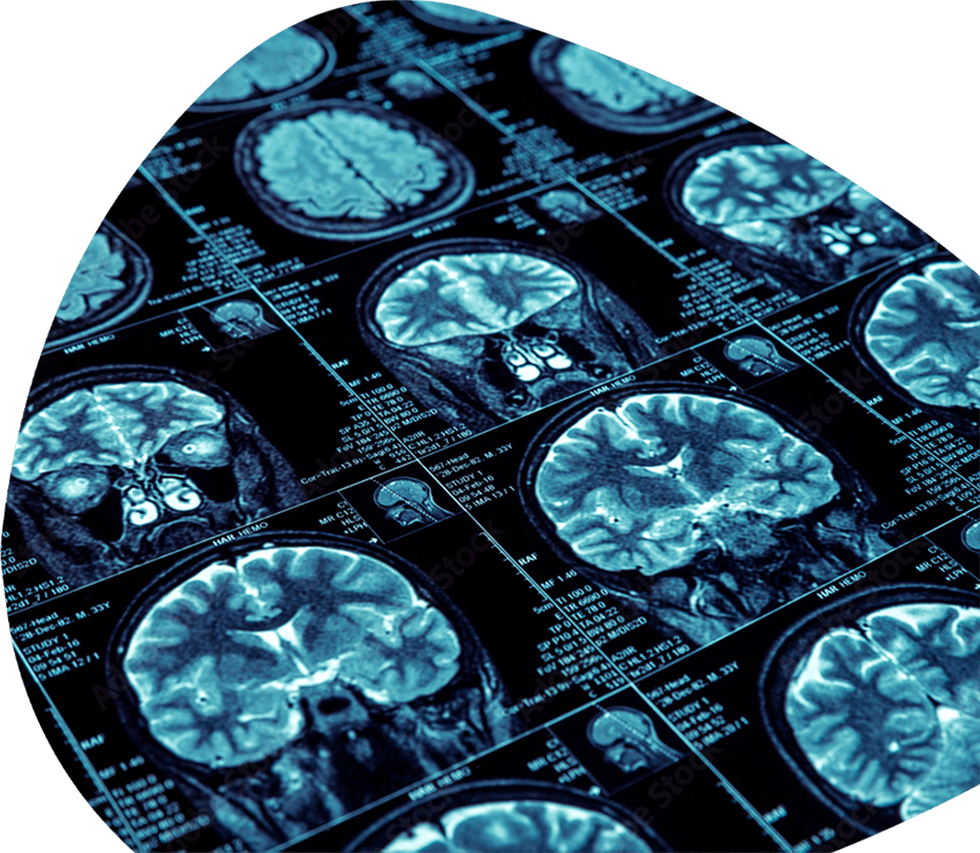

Advanced Longevity:
Comprehensive Brain Imaging for Early Detection and Optimal Health
At Advanced Longevity, we believe in the power of early detection to save and transform lives. Our state-of-the-art brain imaging techniques, including Magnetic Resonance Imaging (MRI) and Magnetic Resonance Angiography (MRA), help us identify potential issues before they become symptomatic, giving you the best chance for successful treatment and a healthier life.
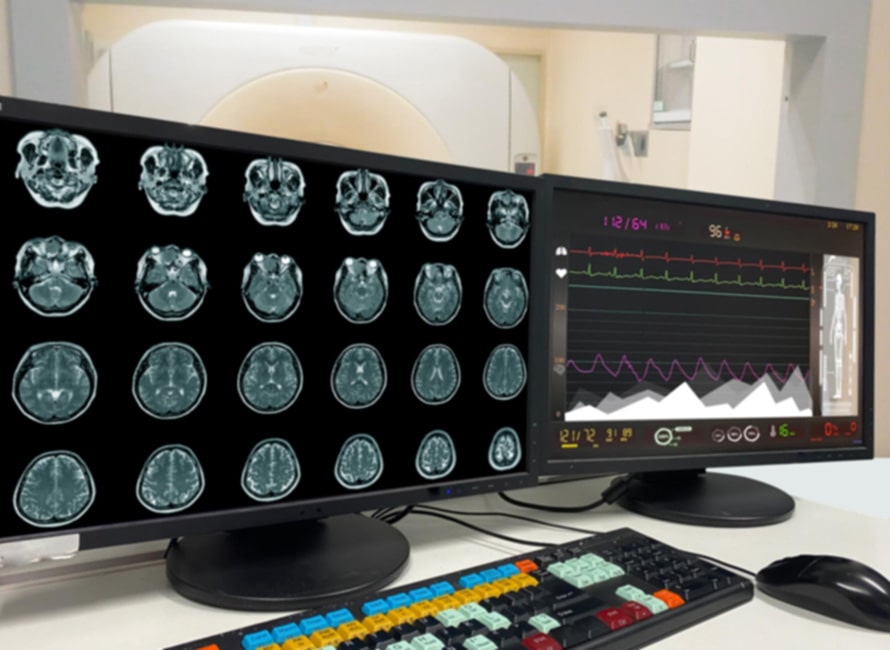
Our comprehensive brain imaging covers a wide range of conditions, such as:
- Infections
- Strokes
- Brain tumors
- Chronic conditions, like multiple sclerosis
- Hemorrhage
- Narrowing of brain vessels
- Dementia, including Alzheimer’s
- Traumatic Brain Injury
- And more
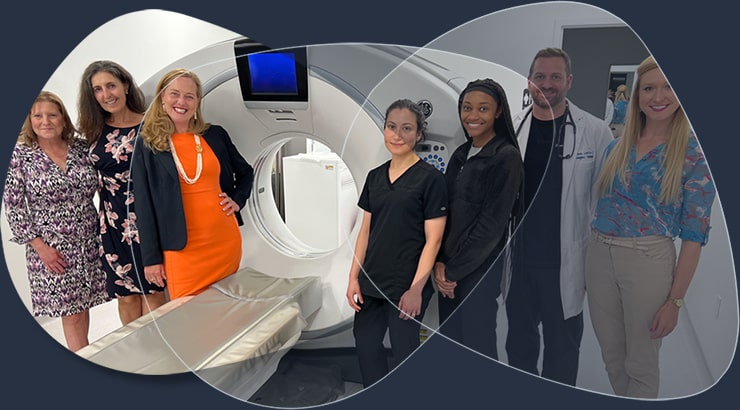
Don't leave your health to chance!
Thousands of people a year die needlessly simply because they did not know what is going on in their own bodies.
Schedule a call today
Get in touch with us free of charge to learn how Advanced Longevity can help you improve your health and the lives of your loved ones
Magnetic Resonance Imaging (MRI) and Magnetic Resonance Angiography (MRA) at Advanced Longevity
MRI uses powerful magnets, radio waves, and advanced computer technology to generate detailed images of your organs without the use of radiation. Advanced Longevity’s MRI exams produce outstanding image quality without the need for contrast media injections. This advanced approach aids in the early detection of cancer, vascular disease, and progressive neurodegenerative diseases.
MRA, a specific type of MRI, focuses on the blood vessels in the brain. It helps us identify signs of vascular disease that can cause a stroke, vessel aneurysms and congenital vascular malformations that cause hemorrhage.
We use Artificial Intelligence to search your brain for areas of tissue loss. Even subtle loss of brain tissue can point to early changes of dementia (such as Alzheimer’s), a range of neurodegenerative diseases, brain trauma or toxic exposure.



